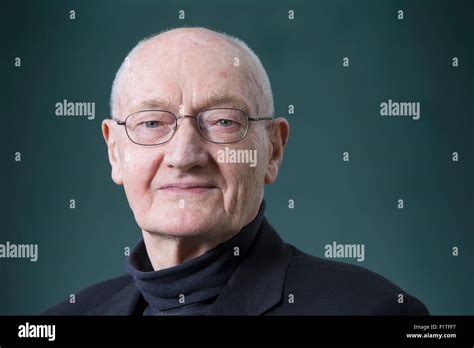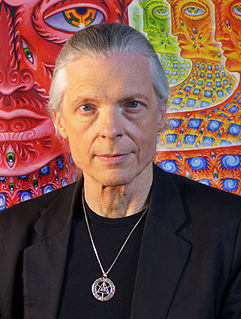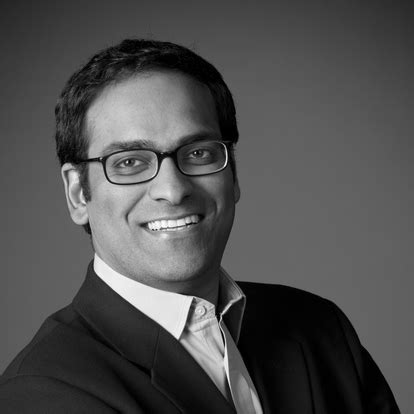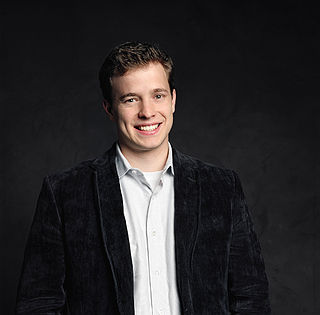A Quote by Ellen Stofan
There's a huge question of whether you really need water for life.
Related Quotes
Life processes take place in an aqueous medium. All organisms are composed mostly of water, whether they dwell in the oceans, lakes, and rivers, or on the land. Because the physical and chemical properties of water are well suited to the requirements of life, it is no accident that life is a water-based phenomenon.
We really have dinosaurs today, without any question. You just need the right weather conditions, as I see it, to get huge creatures. And in the ocean, of course, we have huge creatures.... this is where the plesiosauruses seem to be today, and perhaps also this fire breathing dragon is still down there - very rare, but occasionally there.
The PFOA, PFOS is is a real concern and people need to be concerned about it and the water systems need to be concerned about it. But when you only focus on that, it could take resources away from other issues or problems that the water systems have diverted to just this. And this may not be a huge problem in every community.
The journey of the soul is a vast, interconnected web, a meshwork of beings that are all working out their individual karmas in a collective gumbo, retaining the special flavor in each bite of life. But, the mystery of where we're going, in terms of whether we're going to have a planet that's worth living on after we finish abusing it, whether we'll wake up in time and stop ruining the water, land and skies is a big question mark.
Therefore, this is a question of whether we, humans, can change our culture and begin to truly care for all Creation, nurture all Life and thereby avert our own extinction. As such, this is a deeply spiritual issue and we can begin to act today, regardless of age. But the good news is that this is not a question of whether we will change our culture, but a question of when.
The real question today is not when human life begins, but, what is the value of human life? The abortionist who reassembles the arms and legs of a tiny baby to make sure all its parts have been torn from its mother's body can hardly doubt whether it is a human being. The real question for him and for all of us is whether that tiny human life has a God-given right to be protected by the law - the same right we have.





































